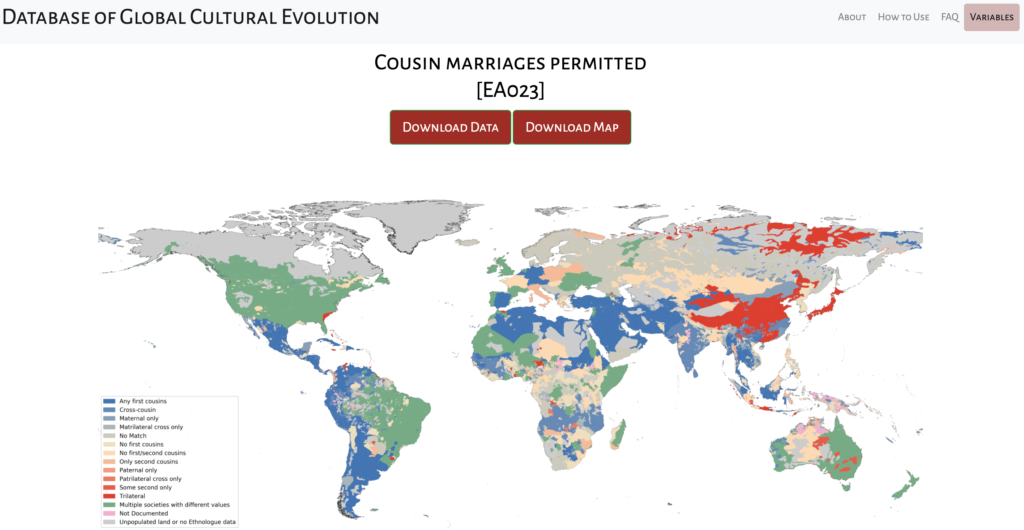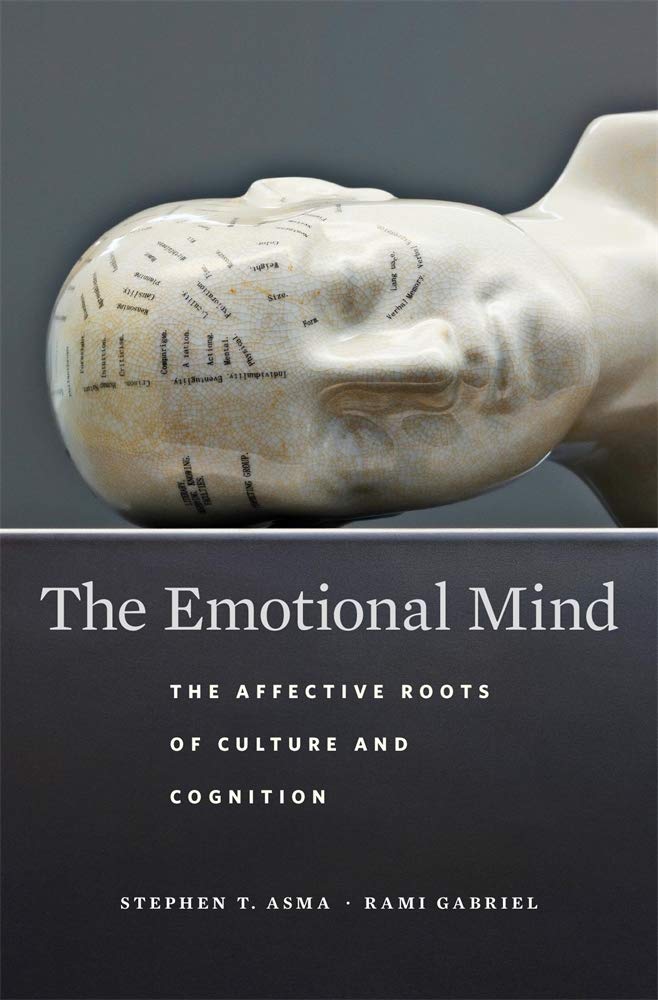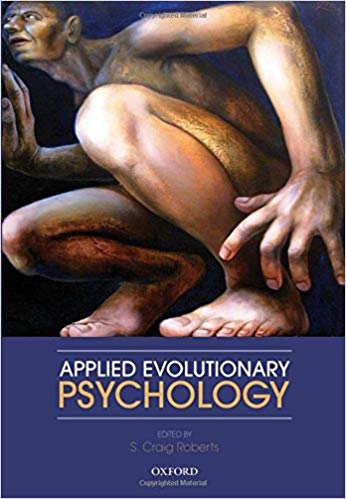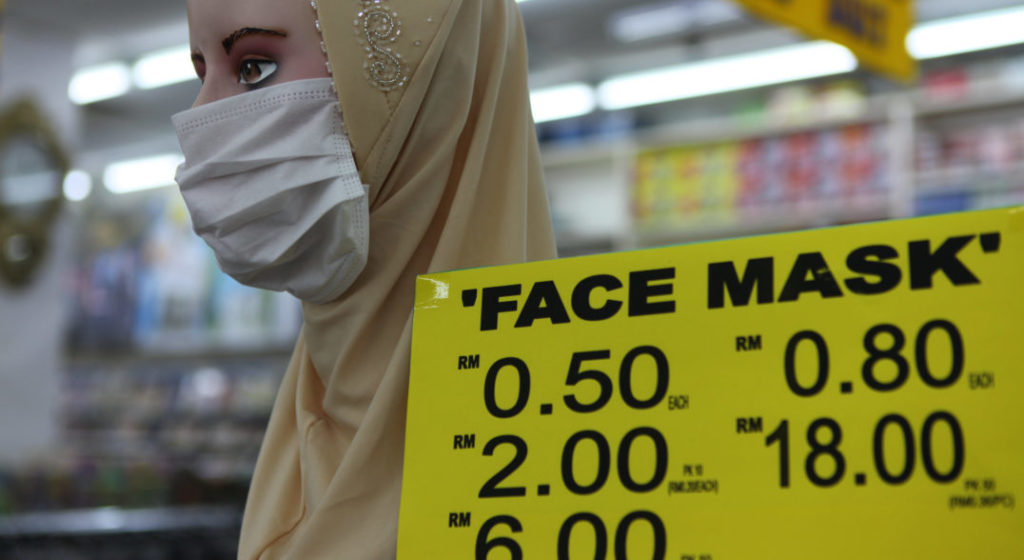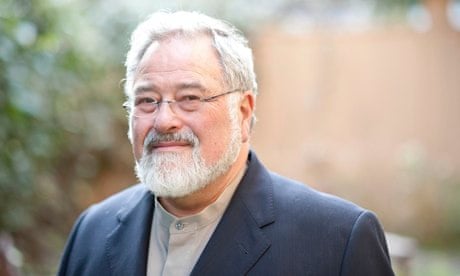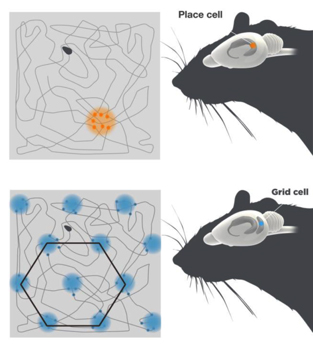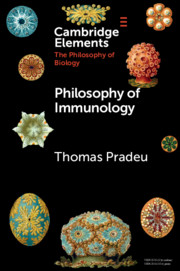“Politics is visceral
In an age thick with anger and fear, we might dream of a purely rational politics but it would be a denial of our humanity
Manos Tsakiris
is professor of psychology at Royal Holloway University of London. His research investigates the neural and cognitive mechanisms of self-awareness and social cognition. He is the co-editor with Helena De Preester of The Interoceptive Mind: From Homeostasis to Awareness (2018).
https://aeon.co/essays/politics-is-in-peril-if-it-ignores-how-humans-regulate-the-body
We live in bodies that feel increasingly unsafe. Pandemics, climate change, sexual assault, systemic racism, the pressures of gig-economy jobs, the crisis of liberal democracy – these phenomena create feelings of vulnerability that are, quite literally, visceral. They’re visceral in the sense that emotional experience arises from how our physiological organs – from our guts and lungs to our hearts and hormonal systems – respond to an everchanging world. They’re also political, in that our feelings affect and are affected by political decisions and behaviour.
(…)
The answer from what I call ‘visceral politics’ emerges out of a historically novel scientific understanding of the human being, not so much as a rational creature, but as a primarily embodied and affective one. Visceral politics lies at the intersection of the body’s physiology and political behaviour. It’s informed by aligning the life sciences, social sciences and humanities to provide insights into how human emotions are created and experienced. It takes on board the visceral underpinnings of human nature, their importance for our physical and mental wellbeing, and the interdependence between the individual and society. It also captures the ways in which our emotions shape our needs and decisions and, in turn, how sociopolitical forces recruit or exploit physiology to influence behaviour.
(…)
But while feelings are key drivers of human behaviour, democratic political theory has focused on reason and rationality as means of taming emotions. The present conditions therefore offer new possibilities for understanding the sociopolitical significance of visceral states, and showing how emotions and their physiological origins are as essential to decision-making as logical reasoning. Looking at the specific ways in which human physiology interacts with contemporary politics might help to account for why the world now feels the way it does.
We live in bodies that feel increasingly unsafe. Pandemics, climate change, sexual assault, systemic racism, the pressures of gig-economy jobs, the crisis of liberal democracy – these phenomena create feelings of vulnerability that are, quite literally, visceral. They’re visceral in the sense that emotional experience arises from how our physiological organs – from our guts and lungs to our hearts and hormonal systems – respond to an everchanging world. They’re also political, in that our feelings affect and are affected by political decisions and behaviour.
It’s not surprising, then, that political language has become saturated with emotion. Whether one calls the present era a time of anxiety, fear or anger, visceral states and feelings appear at the forefront of the political conversation. This is hard to square with Aristotle’s claim that human beings are ‘naturally rational’ creatures – ‘political animals’ who could flourish only within a political community or ‘polis’. The polis, as Aristotle wrote in Politics, ‘comes to be for the sake of life, and exists for the sake of the good life’. The different ways of organising the polis to promote the good life, and disagreements about the best way to do so, create the concept of politics as we know it. So, in the 21st century of ‘emo-cratic’ politics, what does it mean to be a ‘political animal’, and what counts as a ‘good life’?
The answer from what I call ‘visceral politics’ emerges out of a historically novel scientific understanding of the human being, not so much as a rational creature, but as a primarily embodied and affective one. Visceral politics lies at the intersection of the body’s physiology and political behaviour. It’s informed by aligning the life sciences, social sciences and humanities to provide insights into how human emotions are created and experienced. It takes on board the visceral underpinnings of human nature, their importance for our physical and mental wellbeing, and the interdependence between the individual and society. It also captures the ways in which our emotions shape our needs and decisions and, in turn, how sociopolitical forces recruit or exploit physiology to influence behaviour.
None of this means that visceral politics is new; in some sense, politics has always been visceral. Our bodily states and the way we regulate them explain much about why political and social structures look the way they do. The Hobbesian idea that government exists in order to keep citizens safe from their own worst impulses, for example, can be read as a response to the extremes of how humans express their emotions. But while feelings are key drivers of human behaviour, democratic political theory has focused on reason and rationality as means of taming emotions. The present conditions therefore offer new possibilities for understanding the sociopolitical significance of visceral states, and showing how emotions and their physiological origins are as essential to decision-making as logical reasoning. Looking at the specific ways in which human physiology interacts with contemporary politics might help to account for why the world now feels the way it does.
Humans are biological organisms that first and foremost have to deal with the problem of survival. The key way that organisms stay alive is by homeostasis – the maintenance of stability by keeping the body’s processes within a ‘margin of safety’ that sustains life and wellbeing. For example, homeostasis involves the regulation of temperature, heart rate and blood pressure, as well as hunger and satiety. But it’s inefficient and dangerous for the brain to simply wait around passively for these physical cycles to drop into the danger zone. Rather, it tries to predict the future states of the body, with the aim of achieving dynamic regulation. For example, in anticipation of a stressful situation, the body will change its blood pressure, metabolism and hormonal levels to meet those needs before they arise. In other words, the brain strives to predictively adjust bodily states in response to actual and expected demands. This constant calibration is known as allostasis, the process of achieving stability (homeostasis) through physiological or behavioural change.
(…)
Where do emotions fit into this picture? As the neuroscientist Antonio Damasio suggested, they serve as mental representations of bodily states, which allow us to perform feats of self-regulation. Emotions are a kind of inference, prediction or ‘best guess’ about how and why the world makes us feel the way it does. They are often much quicker and more effective at helping us achieve allostasis than laborious, consciously ‘rational’ calculations. For example, an event such as a shouting voice will elicit physiological arousal, which we might interpret mentally as a feeling of fear or a feeling of anger. The experience of fear or anger is what then pushes us to act, perhaps by running away or attacking, which should restore a sense of safety.
(…)
The social world is a key part of an organism’s environment and has a significant effect on its cognitive function and wellbeing. Human newborns are incapable of maintaining homeostasis by themselves, and must rely on carers to do so on their behalf. Even as we grow into independence, allostatic regulation remains dependent on social relations throughout our lives. On an even more radical view, the brain evolved not just to keep our body safely ‘within budget’, but primarily in order to regulate it within a social context. By becoming aware of our feelings, we are able to communicate them to one another – and through shared experience, to regulate ourselves as a society.
One way of looking at 20th-century politics, then, is to see it as a way of creating conditions in which people’s bodies and minds could remain within a ‘margin of safety’. From the Universal Declaration of Human Rights to the welfare state and the judicial system, institutions and norms socially regulate human behaviour. They allow people to infer how the social world will make them and others feel, and so predict how to act themselves. Strikingly, the notion that human health involves a constant challenge to preserve the body’s equilibrium and integrity re-emerged after the tumult of the First World War, when Western policymakers revived the ancient ‘body politic’ metaphor, as the historian Stefanos Geroulanos and the anthropologist Todd Meyers have explained.
The view that state or polity is a kind of organic entity, whose members themselves have bodily needs, had a marked influence on social sciences and the development of welfare states. The Beveridge Report (1942), which set the foundations for the social welfare system in the United Kingdom, described ‘a new alliance of the state and the individual where each cared for the other’s body’, as Geroulanos and Meyers write. Western societies, as they recovered from two world wars, made the maintenance of bodily health an object of state action via the vehicle of the welfare state. The German physician and anthropologist Rudolf Virchow, one of the fathers of social medicine, had anticipated this when he observed in 1848 that ‘medicine is a social science, and politics nothing but medicine at a larger scale’.
Modern life is at risk of rolling back these advances to human wellbeing, which were already unevenly distributed. Since the financial crisis of 2007-08, the United States and the UK have shown stagnating or declining life expectancy, partly attributed to premature deaths caused by ‘diseases of despair’ such as suicidal depression and substance addiction. In parallel, the worldwide burden of mental disorders has increased by 31.6 per cent between 1990 and 2007, and by a further 13.5 per cent between 2007 and 2017. Depression remains one of the three leading causes of the global burden of disease. In 2017, eight in 10 Americans said that they often encounter stress in their daily lives. Six in 10 find the current political climate to be a source of stress, and seven in 10 identify the cost of healthcare as a significant source of stress. Decreases in social trust and cohesion, increases in political polarisation, as well as uncertainty about financial stability and health, have all contributed to rising levels of chronic stress and ill health.
What matters here is not just the fact that we inhabit a world in crisis. It’s that we ‘live in a world where the language of crisis has become the most common way of representing a series of situations we face’, as the French anthropologist Didier Fassin has observed. The ubiquity of this language, he says, ‘tells us something about the actuality and the imaginary of contemporary societies’. The way we subjectively experience these feelings of uncertainty and crisis has a tangible effect on political animals of the 21st century. It places us in a state of ‘allostatic load’ – a constant state of accumulated high stress that comes from desperately trying to keep the body within its homeostatic safe zone. This exposure to chronic or repeated challenges, which the individual experiences as stressful, eventually wears out the body and brain. If one of the key functions of the brain is to serve the body by maintaining a healthy body budget, then chronic stress burns through cash. Without a healthy balance sheet, our options narrow as our organism can no longer rely on its increasingly depleted reserves. As a consequence, we lose our ability to flexibly regulate our bodies, and this loss contributes to poor health, emotional dysregulation and cognitive decline – a vicious cycle that exacerbates the conditions that promoted allostatic load in the first place. The strikingly increased prevalence of hypertension among African Americans compared with other Americans can’t be accounted for by genetic differences; instead, they reflect the sociopolitical tensions that such groups experience.
The fact that the human body and the body politic are intertwined means that systematically depleting our body budget has far-reaching consequences. For example, insufficient sleep isn’t just a private matter, but also affects political engagement such as citizens’ willingness to vote, to sign petitions and to donate to charities. Relatedly, a major study spanning 170 countries between 1980 and 2016 showed that the presence of democratic governance explains more than does GDP the variations in mortality for cardiovascular diseases, transport injuries, cancers, cirrhosis and other non-communicable diseases. Several empirical studies also show that population-level epidemiological profiles of infectious diseases can structure individual-level psychological preferences for authoritarianism as well as authoritarian governance.
The political animals of 21st-century Western democracies seem ever more homeostatically and affectively dysregulated. Concerns about healthcare and financial stability consistently rank among the highest causes of stress. Our world is also one of increased informational uncertainty, driven by an ecosystem of 24/7 informational overdose and pervasive social media platforms that often breed fake news and belief polarisation. Under such conditions, our visceral states come to the forefront, and manifest themselves as powerful but dysregulated emotions. It’s against this background that we must understand how our affective needs and visceral expressions have come to dominate sociopolitical life.
Crucially, we can now account for the dynamics of visceral politics because of three important parallel developments in the study of history, political science and neuroscience. Historians in recent years have placed a fresh emphasis on the study of the emotions, where these are not cast as mere consequences or byproducts of historical events, but as active drivers or causes in their own right. Similarly, after a long period of inattention towards emotions, there has been an increased interest within the political sciences in how emotions influence political behaviour. Finally, advances in social and affective neuroscience now allow us to study emotion from the ‘inside-out’, in that we can attend directly to the physiological and neural processes that are correlated with particular feelings.
(…)
It’s vital to understand how physiological states, coupled with individual differences in political attitudes, might predispose some people to experience anger in a given sociopolitical context, while others might experience fear or anxiety. Moreover, the very question of what precise emotions people are actually experiencing remains empirically underinvestigated or, at best, naively researched. There is an unwritten assumption in political life that people know what they want, or at least that politicians can persuade people about what they want. How would a political life play out that includes the idea that people might not know what they want, because they might not know what they feel? What would politics look like if it encompassed this emotional, affective domain?”
(…)
Thus, the emotion we use to interpret a physiological state of anxiety, and so to make inferences, can have distinct effects on political behaviour. Fear might lead people to seek a less dominant and more trustworthy leader, while anger might result in the opposite pattern. Therefore, social processes of affect-labelling, which catalyse the social construction of emotion, can influence the meaning we ascribe to our physiological states – and possibly explain the emotional microclimates of different social groups.
(…)
Politics is visceral in at least two ways. It is visceral in the sense that our unsafe bodies drive our politics. The rise of visceral politics of this kind might reflect the failure of our socioeconomic system to take care of our brittle bodies, and its failure to enable us to accurately infer our physiological states and how the world makes us feel. But there is also another way in which we can think of visceral politics. They are visceral in the sense that our politics should make our bodies feel safe, and empower us to tolerate and explore the inherent uncertainty of the human condition. We witness the dominance of the former, but we should strive for the rise of the latter.”



